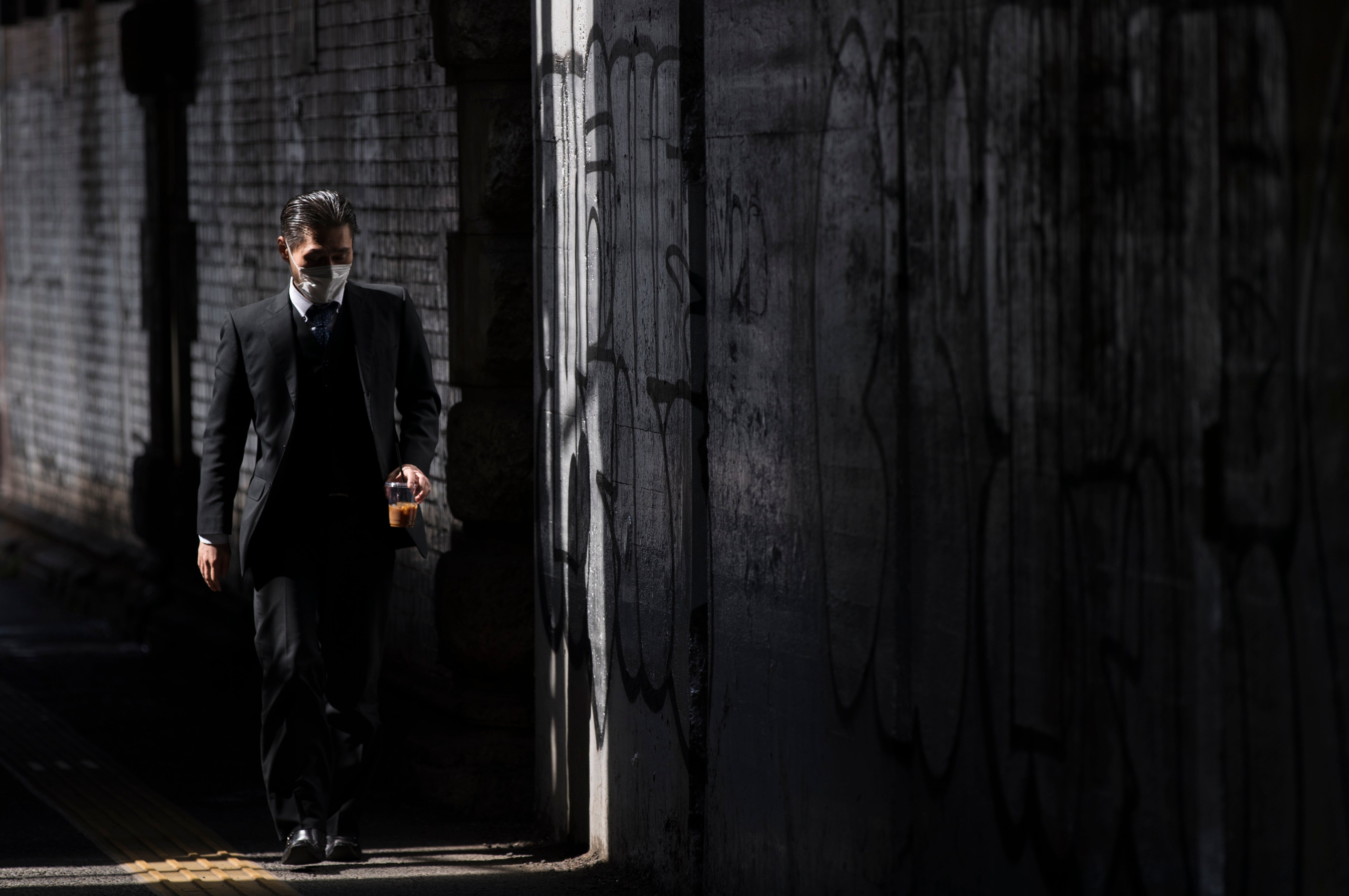Japan to extend virus emergency for 2 weeks for Tokyo area
Japan’s government will extend a state of emergency in the Tokyo region for another two weeks because its medical systems are still strained by COVID-19 patients

Your support helps us to tell the story
From reproductive rights to climate change to Big Tech, The Independent is on the ground when the story is developing. Whether it's investigating the financials of Elon Musk's pro-Trump PAC or producing our latest documentary, 'The A Word', which shines a light on the American women fighting for reproductive rights, we know how important it is to parse out the facts from the messaging.
At such a critical moment in US history, we need reporters on the ground. Your donation allows us to keep sending journalists to speak to both sides of the story.
The Independent is trusted by Americans across the entire political spectrum. And unlike many other quality news outlets, we choose not to lock Americans out of our reporting and analysis with paywalls. We believe quality journalism should be available to everyone, paid for by those who can afford it.
Your support makes all the difference.Japan s government will extend a state of emergency in the Tokyo region for another two weeks because its medical systems are still strained by COVID-19 patients, the minister in charge of virus response said Friday.
“For two more weeks, we will keep the measure in place ... so that we can firmly ease strains on hospitals” to meet conditions for lifting the emergency measures, economic revitalization minister Yasutoshi Nishimura told reporters.
Nishimura said the government has received preliminary approval from experts to extend the emergency through March 21 for Tokyo and three neighboring prefectures. Prime Minister Yoshihide Suga is to formally announce the plan Friday night after parliament approval.
He said medical systems in the region are still burdened with COVID-19 patients and more hospital beds have to be freed.
Suga declared a monthlong emergency on Jan. 7 for Tokyo, Kanagawa, Saitama and Chiba that was later extended through March 7. An emergency that applied to other urban prefectures was lifted last week, underscoring the government’s eagerness to allow businesses to return to normal as soon as possible.
The state of emergency, which is a non-binding request, centers around asking restaurants, bars and other businesses to voluntarily close at 8 p.m. Japan has never had a mandatory lockdown, but has managed to keep infections relatively low with social distancing and such voluntary measures.
Controlling the spread of the virus, along with progress in vaccination, is considered key for Japan as Tokyo is to host the Olympics, delayed by one year because of the virus, starting July 23.
Tokyo Gov. Yuriko Koike and the heads of neighboring prefectures have raised concerns that a lifting of the emergency this weekend could trigger a quick rebound in infections.
Daily new cases in Tokyo have decreased significantly after peaking at about 2,000 in early January, but the decline has slowed recently. Tokyo on Thursday reported 278 new cases, slightly down from 316 from the day before, raising its total to 112,624. Nationwide, Japan reported more than 436,000 cases and about 8,000 deaths as of Thursday.
___
Follow Mari Yamaguchi on Twitter at https://www.twitter.com/mariyamaguchi